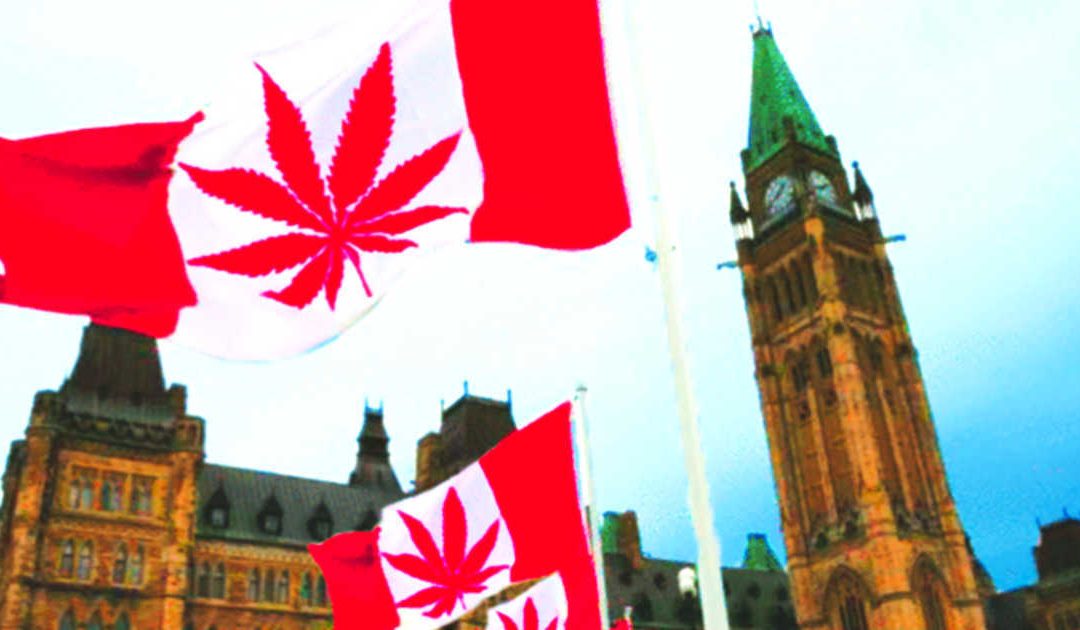Canada has become the second and largest country with a legal, nationwide marijuana marketplace.
At least 111 legal pot shops are planning to open across the nation of 37 million people Wednesday, making Canada the second country to have a federal marijuana market, after Uruguay.
Canadian Prime Minister Justin Trudeau’s government has spent about two years planning for legalization, fueled by a desire to bring dealers out of the black market and into a regulated system.
Trudeau, arguably the most telegenic world leader, has admitted to smoking pot a few times, including once while he was an elected member of Parliament. But he said he never really liked it.
Canada’s Cannabis Act allows people 18 and older to buy marijuana online or in retail stores.
Most provinces have raised the minimum age to 19, however, to align with the drinking age.
Canadian law sets a 30-gram limit on how much people can buy at once or possess in public. That’s just over an ounce, which is the possession limit in all but one of the U.S. states with legal pot – Maine’s limit is 2.5 ounces (71 grams).
Here’s what Americans need to know:
In some provinces of Canada, weed will be legally sold only in government stores; in others, only in private stores; and in others there will be a mix. No bar or restaurant will be able to sell marijuana, at least not at first.
Ontario, Canada’s most-populous province, will have privately run stores starting on April 1. Until then, cannabis will be available legally only online, from a government-run site.
Most shoppers in British Columbia will also buy from the government, and mostly online as there will initially be just one store, in Kamloops.
For Canadians crossing the border into the United States, the situation will remain risky for anybody who uses cannabis.
“Anybody who admits to having violated the law relating to a controlled substance is inadmissible to the U.S.,” according to U.S. Customs and Border Protection.
Len Saunders, an immigration lawyer in Blaine, Wash., who specializes in cross-border issues, said Canadians crossing the border are being placed in a difficult position.
If they are asked by a U.S. border official whether they have used cannabis and admit they have, they may be barred entry. If they deny having smoked marijuana and are found out to have lied, they are in even more serious trouble.
However, U.S. citizens have no such risks because U.S. officials cannot legally bar a citizen from entering the country, Saunders said.
